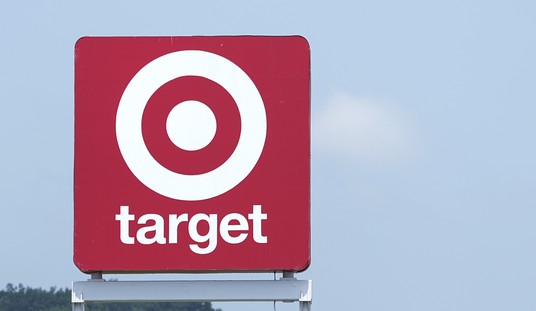That’s the question that two Republicans in Congress want answered. The failure of a relatively small local bank drew a lot of contributions from major financial institutions in order to qualify for $75 million in bailout cash, an odd level of attention considering the size of ShoreBank — but not if considering its political connections:
U.S. Rep. Judy Biggert (R-Ill.) joined U.S. Rep. Spencer Bachus (R-Ala.) in a letter to Obama asking for records concerning ShoreBank. The South Side bank, known for its community lending and with personal ties to Obama aides, has lined up at least $125 million in capital from major banks to qualify for a potential $75 million from the federal government.
Citing unspecified reports of pressure on Wall Street mega-banks, whose interests are involved in a financial regulations bill, the representatives asked for all material, “including e-mails, phone logs and meeting records,” that deal with ShoreBank.
They said ShoreBank may be getting special favors when other banks have been forced to close. The letter asked Obama to respond by June 2.
So who came to ShoreBank’s rescue? The list includes Goldman Sachs, Citigroup, and JP Morgan — all heavily involved in bailouts themselves, and all heavily connected to the administration. These all have accepted and repaid TARP funds, and as a consequence, all have to account for themselves to Treasury on salaries, bonuses, and business practices.
But why ShoreBank? The Boss Emeritus explains:
ShoreBank is a Windy City investment bank with all the right (or, rather, left) ties. Its stated progressive mission isn’t merely to make good lending decisions, but to engage in Barack Obama-esque social engineering to “create economic equity and a healthy environment.” The ShoreBank corporate slogan: “Let’s change the world.”
The company website features a video of Obama in Kenya championing ShoreBank microlending projects overseas. ShoreBank has also touted itself as a “green” bank from its founding days — promoting dubious carbon credit programs, subjecting new borrowers to eco-litmus tests (“we look at how you use water, how you recover water and clean it, how you use energy, if you produce clean energy, how you manage CO2, whether you are offsetting CO2 that your product produces, if you are using sustainably produced materials”) and encouraging customers to participate in “EcoDeposits” to “directly support the green agenda.”
It’s more than just a politically-correct agenda, though:
– ShoreBank co-founder Jan Piercy was a Wellesley College roommate of Hillary Clinton’s, who has long supported the bank along with former president Bill Clinton.
– Former ShoreBank Vice Chairman Bob Nash worked for Mrs. Clinton’s presidential bid as deputy campaign manager. Board of Directors member Howard Stanback is a Hyde Park neighborhood pal of President Obama, who served with Stanback on the board of the radical Woods Fund (where Weather Underground terrorist Bill Ayers also sat).
– White House senior advisor Valerie Jarrett served on the board of Chicago Metropolis 2020 with ShoreBank Director Adele Simmons, former president of the liberal MacArthur Foundation, where she focused on “climate change” and “global governance” issues.
– The bank and its employees donated some $12,000 to the Obama 2008 presidential campaign, and co-founder Mary Houghton reportedly gave advice to Obama’s late mother about small business lending issues.
This practically defines “crony capitalism.” Having the big financial institutions come to ShoreBank’s rescue should have everyone’s noses in full smell-test mode. Unless these institutions heavily invested in ShoreBank prior to its failure, this looks like a political intervention in an effort to pick winners and losers when the market should be determining those.
Addendum: Does anyone think Alexi Giannoulias might be wondering why these financial institutions didn’t come to his family bank’s rescue?








Join the conversation as a VIP Member